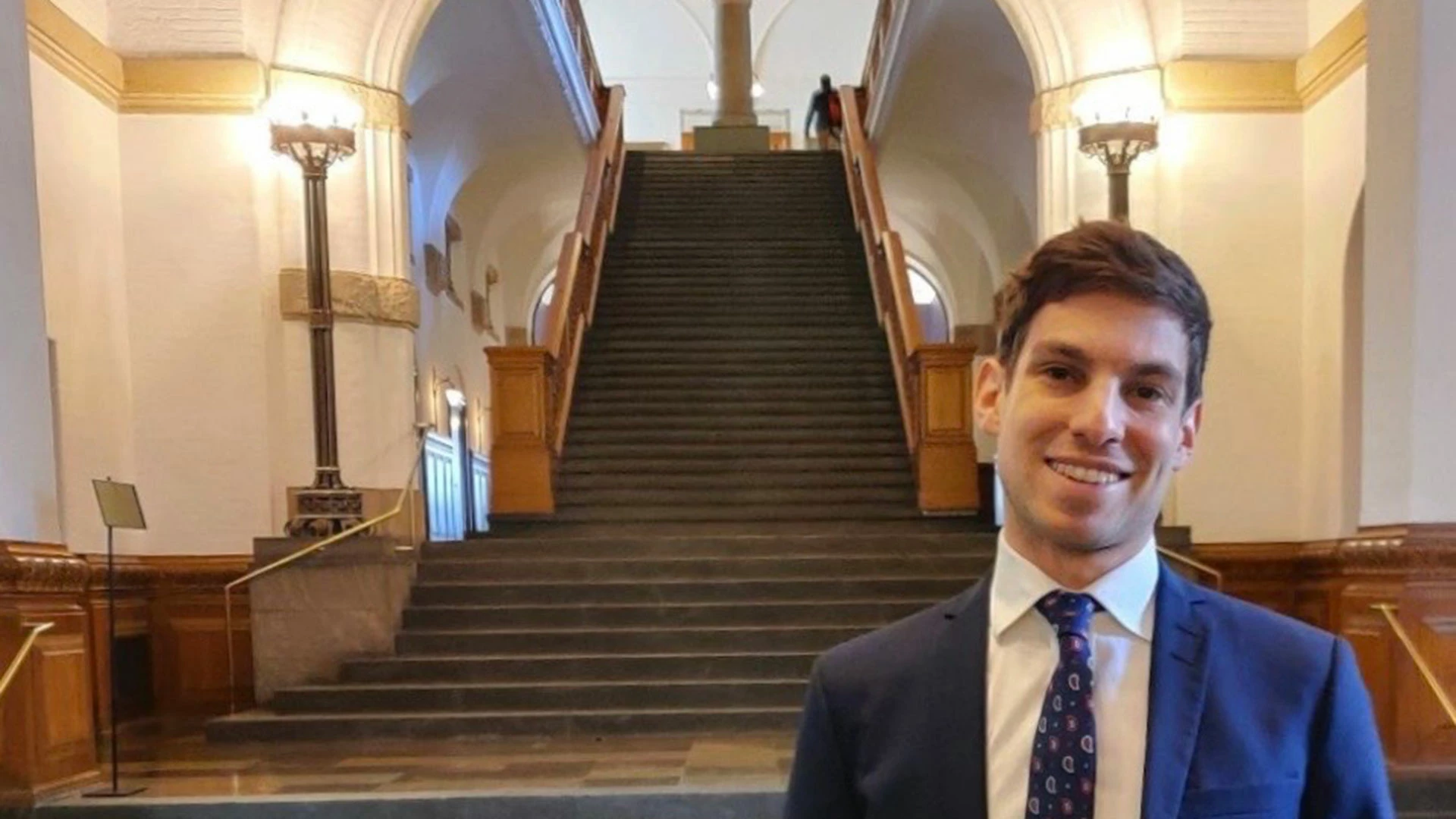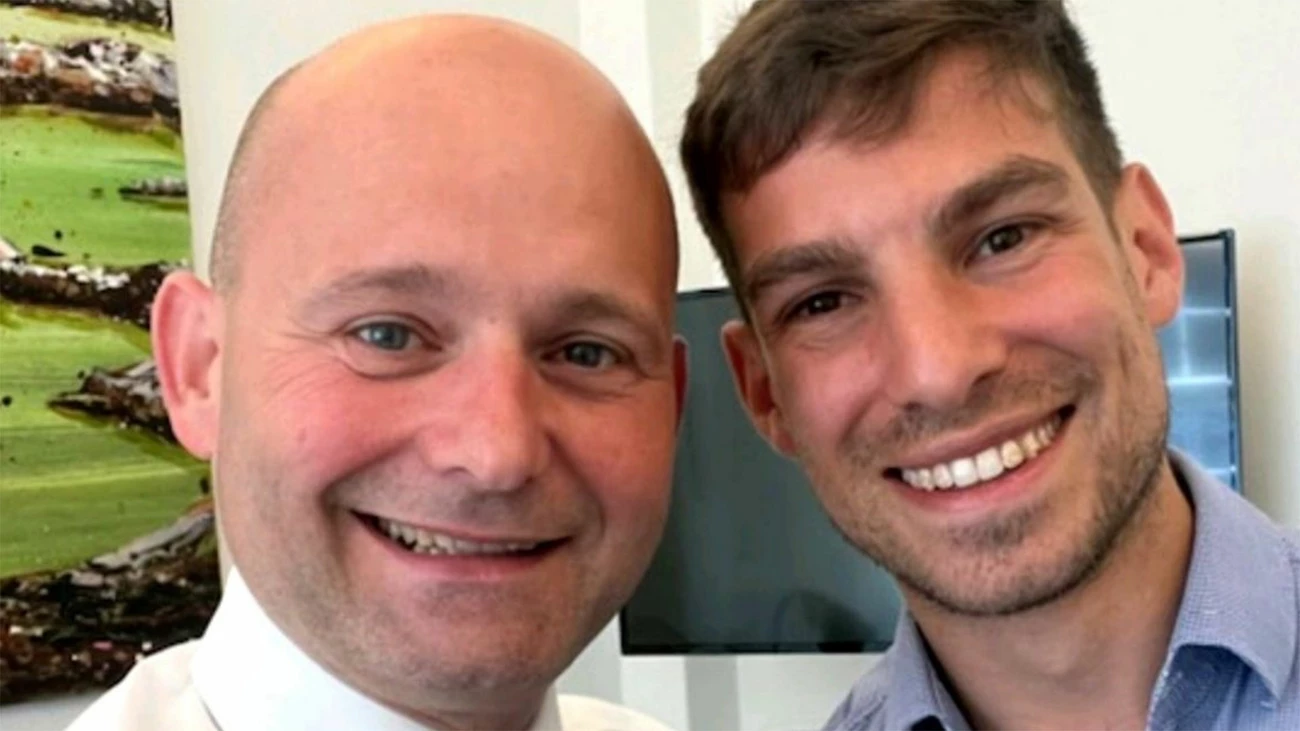Benjamin Schenkel first learned about Denmark when he did an internship in 2010 in Shanghai in the American World Expo pavilion. Here he became friends with a group of Danes who told him about the Danish welfare system and values.
“They told me that Denmark is one of the happiest nations in the world and that there is a high level of equality in society – and the possibility to be who you are. And that health care and education are tax-funded. “That seemed too good to be true, so I thought I had to check it out,” he remembers.
That’s why his first holiday after his internship was to Denmark.
“I was deeply impressed by the Danes’ understanding of the world. They were very principled, honest, good at taking action, communicating and respected differences. I got the best impression.”
Already on the flight back to the US, he decided to move to Denmark.
“At the time it wasn’t easy living in the US as a homosexual. There wasn’t the same acceptance as in Denmark and it wasn’t possible to get married, for instance. I was afraid that it would affect my career and my future.”
Ten graduate applications opened the door to Nordea
“I really wanted to work in the financial sector, so to increase my chances I sent off ten applications. And luckily it paid off. I ended up becoming a graduate in Trading in Markets. It was a really good time where I got to know the financial sector.”
After his time as a graduate he got a job at Group Risk, became head of the Danish LGBT+ and Allies group at Nordea and head of the organisation WEF Global Shapers Copenhagen, which is working on making Copenhagen a more sustainable and inclusive place to live.
“I was completely sold on the Danish lifestyle and really wanted to live here and contribute to society, but as a non-permanent citizen in Denmark it was really stressful,” he says.
In December 2020 Benjamin Schenkel therefore decided that Denmark would be his home country and he applied for a permanent residence permit.
“I was afraid that it would be rejected so I regularly called to check how things stood and asked if they needed more documentation to prove that I did voluntary work and really loved Denmark. Every time the message was: “We’ll get back to you in case of problems with your application”, but it didn’t happen,” explains Benjamin Schenkel.
So when the reply finally came more than a year later, it was a big shock:





